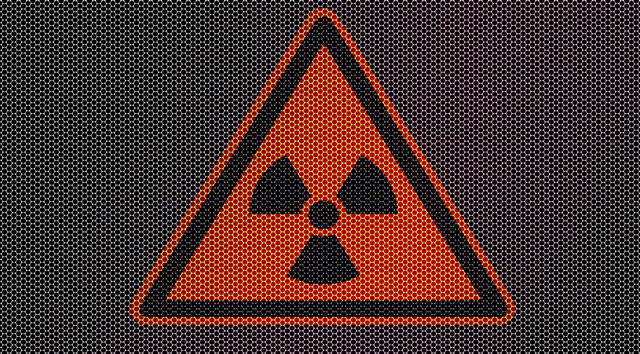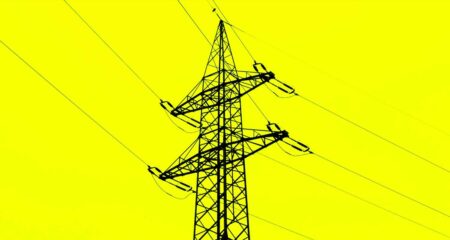
South Africa is likely to fail in its quest to develop its nuclear energy capacity, according to emerging markets economist Peter Attard Montalto of Nomura.
Montalto said that if the 9,6GW nuclear procurement programme does see the light of day, it will be a “slimmed down programme spread over a longer period of time, given the affordability issue”.
“For this reason we need to remain calm, but vigilant,” he said. “The end point remains uncertain.”
The respected economist said he agreed with energy expert Chris Yelland’s opinion to remain calm after cabinet signed off on a gazette over the Christmas period that allowed the department of energy to start the process of calling for quotes.
“We are taking small steps along a very long path through to 2030,” said Montalto.
Energy department director-general Thabane Zulu confirmed in a statement on 26 December that cabinet received a report back from the energy security cabinet subcommittee in December, which had considered the work being done by both the department and treasury in respect of the funding and financing of the programme.
“The decision to proceed with issuing the request for proposal will further assist in developing a funding model,” said Zulu.
The latest press release clarifies the process, explained Montalto, but said analysts are still left with the impression “that nuclear has always been more advanced than was being let on”.
“To have undertaken the framework agreements with foreign providers, we always must have had some degree of sign off like this.”
Questioning South Africa’s transparency, Montalto said the decision to gazette so close to Christmas strengthens the perception that the government has “signed non-public agreements with Russia” to award its state-owned company, Rosatom, the nuclear contract.
Rosatom prematurely announced it had won the contract in 2014, after President Jacob Zuma secretly visited Russia. It later retracted its statement and told Fin24 in 2015 that it was a public relations mistake.
“Controversy over Rosatom’s announcement intensified after a local newspaper reported Zuma personally negotiated the deal with Russian President Vladimir Putin,” AFP reported in 2014.
Regardless of these perceptions, Montalto said, there needs to be more transparency on what advice national treasury has provided and the sequencing of their advice compared to the process of moving to tender.
“I still believe no formal sign-off on affordability under any financing option has been provided by national treasury and indeed that it remains totally unaffordable under any financing model including vendor financing,” he said.
“The next steps are likely to be murky as tenders are requested and then submitted along with financing models. Parliament and the courts will likely be crucial through this stage in providing transparency,” he said. — Fin24




